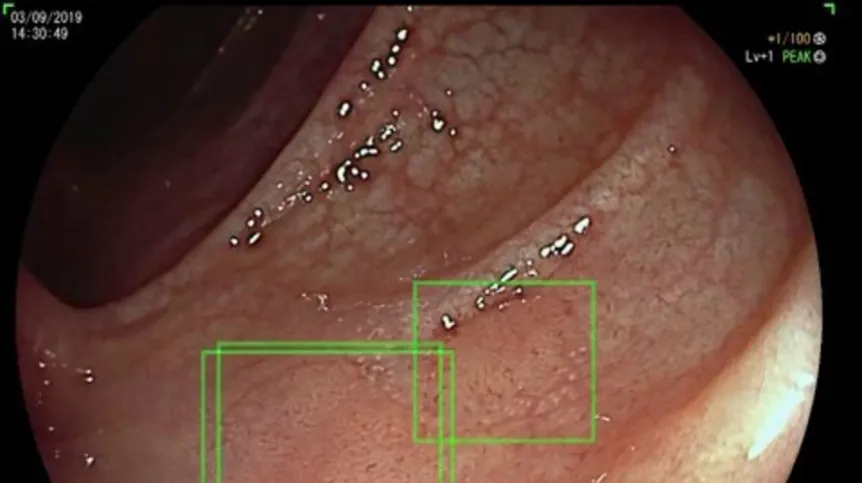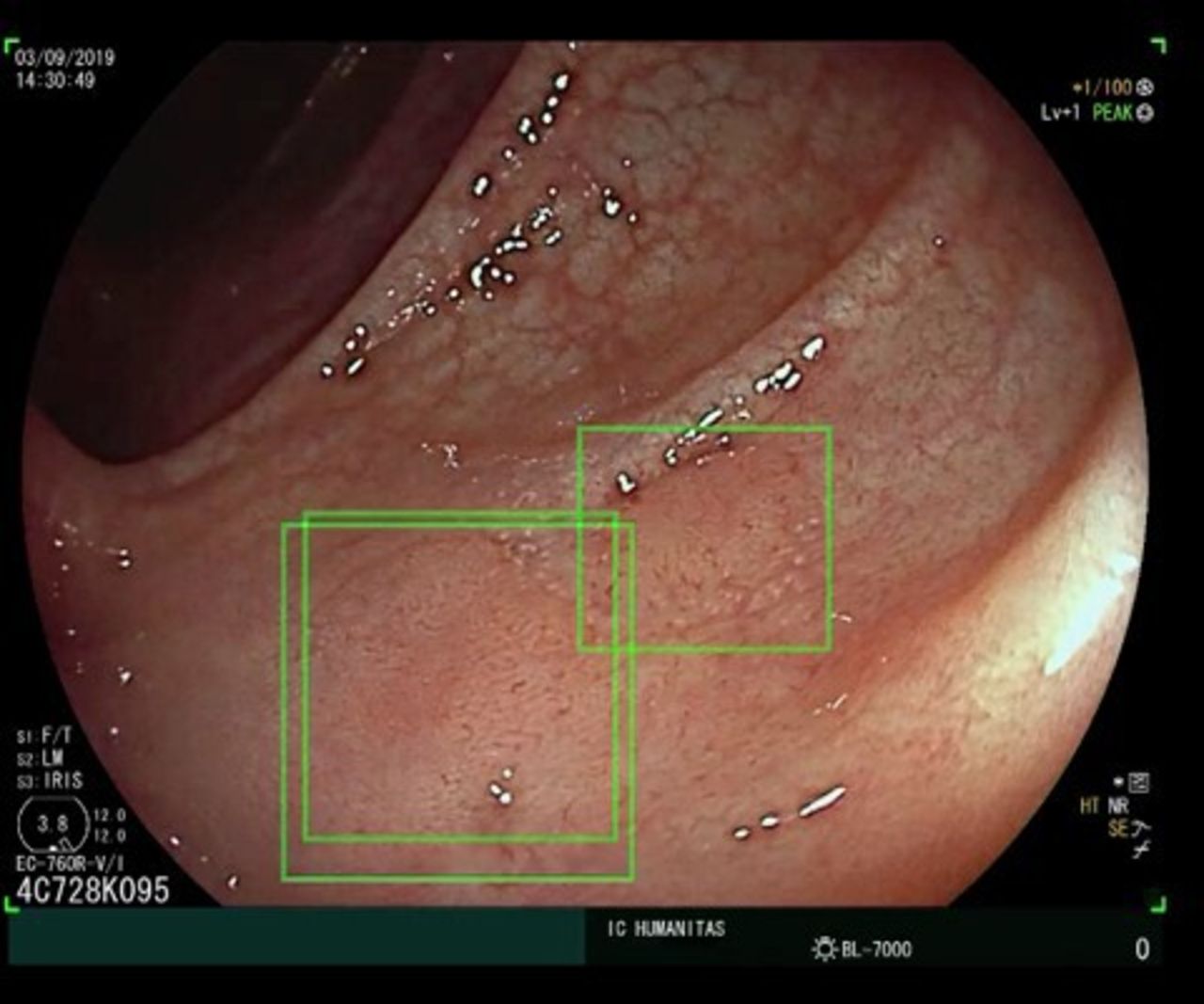
A new Polish study has found that artificial intelligence (AI) support in colonoscopy procedures may inadvertently reduce doctors’ diagnostic performance when the technology is not used.
The retrospective observational study, conducted at four endoscopy centres participating in the ACCEPT project, compared procedures three months before AI implementation with a three-month period when some examinations were performed without AI support. Results were published in "The Lancet Gastroenteorology & Hepatology”.
Before AI implementation, doctors detected polyps in 28% of patients. After several months of using the AI system, the detection rate dropped to 22% on days when AI was not used.
“We do not know whether this effect was related, for example, to the fact that, for example, we see less without AI support, or that we perform the examination differently. This needs to be thoroughly investigated, because the example of colonoscopy may be one of many in medicine where the impact of AI on human skills may be visible,” Maciej Romańczyk, PhD, from the HT Medical Centre, Gastroenterology Clinic of the Academy of Silesia, told the Polish Press Agency (PAP).
During colonoscopy, an endoscope with a camera is used to detect polyps, primarily adenomas, which are benign tumors that can develop into colon cancer. “We want to remove them and thus prevent the development of colon cancer,” Romańczyk said. The effectiveness of the procedure is measured by the adenoma detection rate (ADR) — the percentage of patients in whom at least one adenoma is found.
The study found that AI did not immediately improve detection and ADR remained around 28% during procedures with AI assistance. The system highlights potentially suspicious areas but initially detected many harmless changes, which did not accelerate doctors’ work.

Romańczyk noted that it was unclear whether detection rates would return to baseline once AI was removed. “The groups of patients referred for testing changed, which prevented continued observation and data comparison,” he said.
He emphasized monitoring the human aspects of AI implementation: “We should not fear the development of artificial intelligence, but we must monitor the +soft+ aspects of implementing the technology. The effectiveness of the tool depends not only on the machine itself, but also on how we integrate it into our workflow. The fact that we noticed this problem now, rather than five years from now, gives us an advantage.”
Romańczyk also highlighted the value of private medical centres in research. “It is worth supporting entities outside of university structures that are committed to conducting scientific research. High-quality projects can also be implemented in such conditions,” he added.
PAP - Science in Poland, Ludwika Tomala (PAP)
tr. RL
lt/ bar/ lm/













